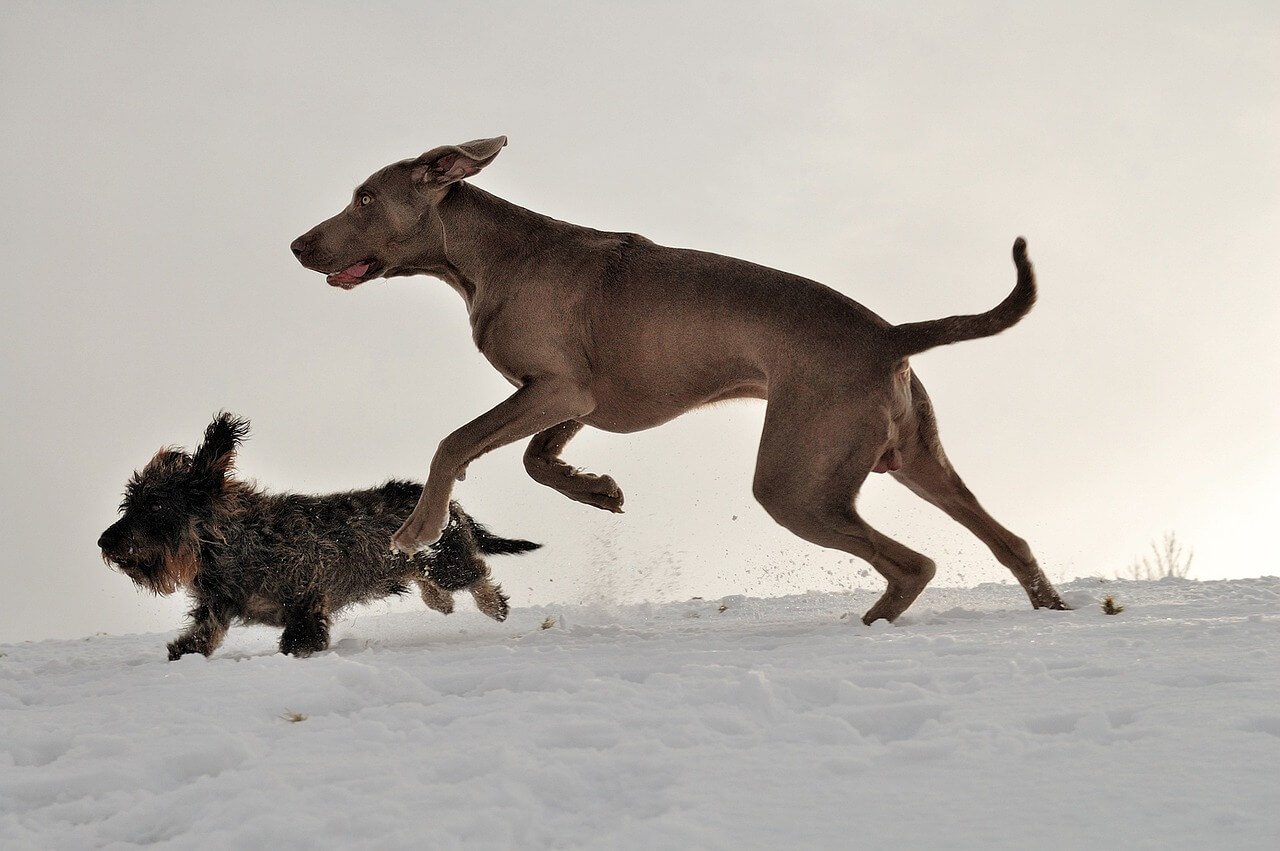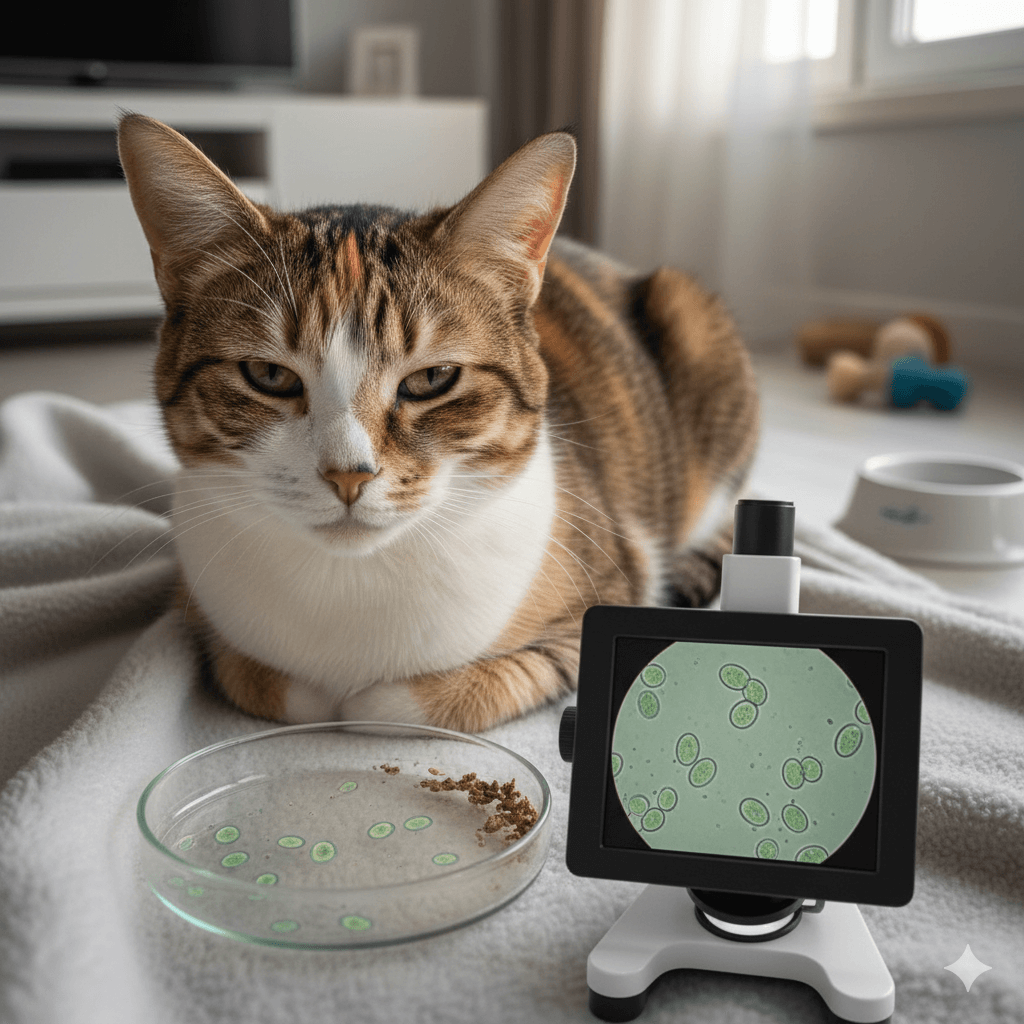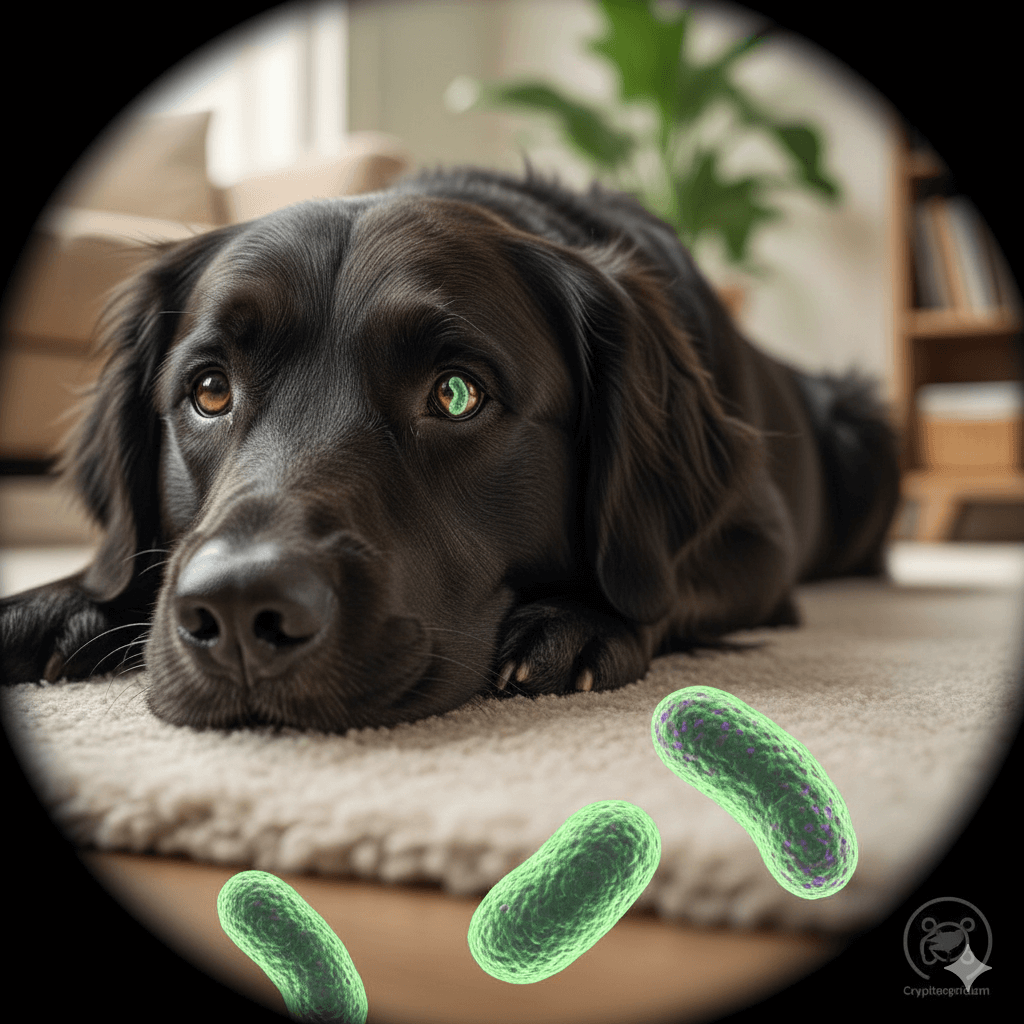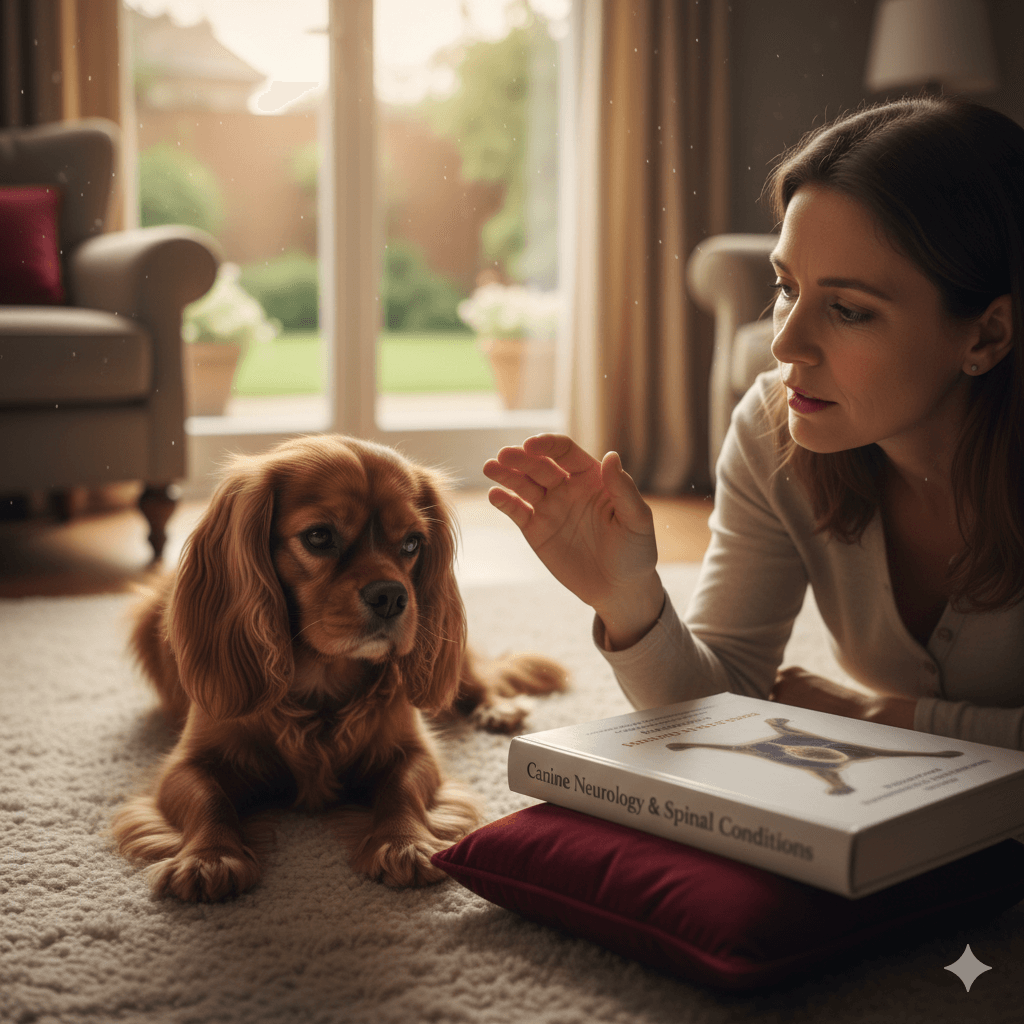Why Does My Dog Cough When Excited? Understanding This Common Behavior
Dogs express their emotions in a variety of ways, and excitement is no exception. Some dogs wag their tails uncontrollably, others jump up and down—and then there are those who cough when they’re overly thrilled. While this behavior might seem unusual or even concerning at first, it’s more common than you think. A dog coughing when excited can stem from harmless causes, but it could also indicate an underlying health issue. In this blog post, we’ll explore the reasons behind this behavior, how to identify potential problems, and what you can do to ensure your furry friend stays happy and healthy.
Common Reasons Why Dogs Cough When Excited
Before panicking about your dog’s excited coughing, it’s important to understand that this behavior can have several explanations. Many of them are benign, but some may require attention. Here are the most common reasons:
Excitement-induced tracheal irritation: When dogs get overly excited, they may pull on their collar, causing temporary pressure on the trachea.
Reverse sneezing: This reflex occurs when a dog inhales sharply, often due to excitement or overstimulation, and sounds like a cough.
Kennel cough: A highly contagious respiratory infection that can cause coughing, especially during physical activity or excitement.
Heart conditions: Certain heart issues can lead to coughing, particularly when a dog’s heart rate increases during excitement.
Allergies or environmental irritants: Dust, pollen, or other allergens can trigger coughing fits, which may coincide with moments of excitement.
While occasional coughing during excitement is usually nothing to worry about, persistent or severe coughing should be evaluated by a veterinarian to rule out serious conditions.
How to Differentiate Between Harmless and Serious Coughing
Not all coughs are created equal. Understanding the nuances of your dog’s cough can help you determine whether it’s a harmless reaction or a sign of something more serious. Here are some key factors to consider:
Sound of the cough: A honking or goose-like cough may indicate tracheal collapse or kennel cough, while a wet, phlegmy cough could suggest a respiratory infection.
Frequency of the cough: Occasional coughing during excitement is less concerning than frequent or persistent coughing throughout the day.
Accompanying symptoms: Look for signs like lethargy, loss of appetite, or difficulty breathing, which could point to a more serious condition.
Triggers for the cough: If the cough only occurs during excitement or exercise, it’s more likely to be situational rather than a chronic issue.
Duration of the cough: A cough that lasts for more than a few days or worsens over time should be checked by a vet immediately.
By paying attention to these details, you can better assess whether your dog’s excited coughing is normal or requires professional intervention.
Check this guide 👉Dog Coughing Up Blood: Best 7 Health Tips!
Check this guide 👉Understanding Dog Coughing and Sneezing: Best 7 Health Tips
Check this guide 👉When Your Dog Ate Cough Drops: Best 7 Expert tips!
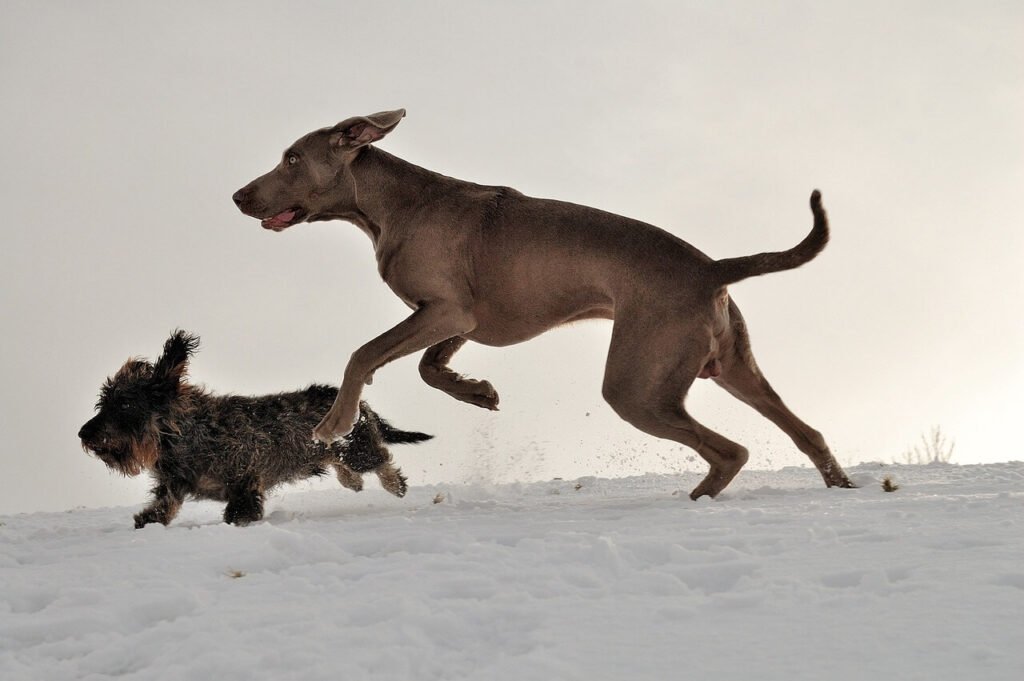
Signs It’s a Harmless Cough | Signs It Could Be Serious |
|---|---|
Occurs only during excitement | Persistent or worsening over time |
Honking sound, no other symptoms | Wet, phlegmy, or hacking cough |
No changes in energy or appetite | Lethargy, weight loss, or fever |
Triggered by pulling on the collar | Difficulty breathing or fainting |
Stops quickly after calming down | Accompanied by gagging or vomiting |
Tips to Manage and Prevent Excitement-Induced Coughing
If your dog’s coughing during excitement is harmless, there are steps you can take to minimize it and keep your pup comfortable. Here are some practical tips:
Use a harness instead of a collar: A harness reduces pressure on the trachea, preventing irritation when your dog pulls.
Train calm greetings: Teach your dog to sit and stay before greeting people or other animals to reduce overexcitement.
Limit exposure to irritants: Keep your home free of dust, smoke, or strong perfumes that could trigger coughing episodes.
Provide mental stimulation: Engage your dog with puzzles or toys to channel their energy into less intense activities.
Monitor playtime intensity: Avoid overly vigorous play that could lead to coughing or strain on the respiratory system.
With a little patience and consistency, you can help your dog stay calm and reduce the likelihood of excited coughing.
When to See a Veterinarian About Your Dog’s Cough
While many cases of excited coughing are harmless, some situations require immediate veterinary attention. Knowing when to seek help can prevent minor issues from becoming major problems. Here are signs that it’s time to consult a vet:
The cough persists for more than a few days despite rest and reduced excitement.
Your dog shows signs of labored breathing or wheezing alongside the cough.
There’s blood or mucus present in the cough or nasal discharge.
Your dog seems unusually tired, weak, or uninterested in food.
The cough worsens during or after exercise, excitement, or sleep.
Early diagnosis and treatment can make a significant difference in your dog’s recovery. Don’t hesitate to reach out to your vet if you notice any concerning symptoms.
How to Calm Your Dog and Minimize Coughing Triggers
Training plays a crucial role in managing your dog’s excitement levels, which can help reduce coughing episodes. By teaching your dog to stay calm in stimulating situations, you can prevent excessive reactions that lead to coughing. Here are some effective training techniques:
Teach the “sit” command: Use treats and positive reinforcement to encourage your dog to sit before greeting people or other animals.
Practice controlled greetings: Gradually expose your dog to exciting situations, rewarding calm behavior and redirecting overly enthusiastic responses.
Incorporate calming cues: Train your dog to respond to specific commands or signals, like “settle” or “easy,” to help them relax on cue.
Use desensitization techniques: Slowly introduce triggers that cause excitement, such as doorbells or toys, while rewarding calm behavior.
Engage in obedience classes: Group training sessions can provide structured learning and help your dog develop better impulse control.
With consistent practice, these techniques can help your dog stay calmer in exciting situations, reducing the likelihood of coughing episodes. Patience and repetition are key to success.
Creating a Stress-Free Space to Prevent Overexcitement
Your dog’s environment plays a significant role in their emotional state. By making thoughtful adjustments at home, you can create a calmer atmosphere that minimizes overexcitement and its associated coughing. Consider these tips:
Limit exposure to high-energy activities: Avoid overly stimulating games or interactions that could trigger excessive excitement.
Provide a designated quiet area: Set up a cozy space where your dog can retreat when they feel overwhelmed or overstimulated.
Use calming aids: Introduce items like weighted blankets, calming pheromone diffusers, or soft music to promote relaxation.
Maintain a predictable routine: Dogs thrive on consistency, so establish regular feeding, walking, and play schedules to reduce anxiety.
Reduce noise levels: Minimize loud sounds like vacuum cleaners or doorbells that might startle or excite your dog.
By creating a peaceful environment, you can help your dog feel more secure and less prone to excitement-induced coughing. Small changes can make a big difference in their overall well-being.
Supporting Your Dog’s Respiratory Health Naturally
If your dog’s excited coughing is linked to mild irritation or sensitivity, natural supplements and remedies may provide additional support. These options can complement veterinary care and improve your dog’s respiratory health. Here are some safe choices to consider:
Honey: A small amount of raw honey can soothe irritated throats and reduce coughing (consult your vet first).
Omega-3 fatty acids: Found in fish oil, these anti-inflammatory compounds can support respiratory and overall health.
Herbal teas (cooled): Chamomile or peppermint tea (without caffeine) can have calming effects when offered in moderation.
Probiotics: These supplements support gut health, which is closely linked to immune function and respiratory wellness.
Coconut oil: Known for its antimicrobial properties, coconut oil can help reduce inflammation and boost immunity.
While these remedies can be beneficial, always consult your veterinarian before introducing new supplements or treatments. Natural doesn’t always mean risk-free, and professional guidance ensures your dog’s safety.
Frequently Asked Questions About Dogs Coughing When Excited
Is it normal for my dog to cough when excited?
Yes, occasional coughing during excitement is usually harmless, but monitor for other symptoms.
What causes reverse sneezing in dogs?
Reverse sneezing is often triggered by excitement, allergies, or irritants and is generally not dangerous.
Can kennel cough cause coughing during excitement?
Yes, kennel cough can cause coughing, especially during physical activity or excitement.
Should I avoid letting my dog get too excited?
Moderate excitement is fine, but excessive excitement may need to be managed if it triggers coughing.
How can I tell if my dog’s cough is serious?
Look for signs like persistent coughing, difficulty breathing, lethargy, or changes in appetite.
Final Thoughts: Keeping Your Dog Happy and Healthy
A dog coughing when excited is often a harmless quirk, but it’s always wise to stay informed and observant. By understanding the potential causes and knowing when to seek help, you can ensure your furry friend remains in tip-top shape. Whether it’s managing their excitement levels, using a harness, or consulting your vet, small changes can make a big difference. Remember, your dog relies on you to advocate for their well-being. With love, care, and attention, you can keep those excited coughs to a minimum and focus on enjoying every joyful moment together.
Understanding Cryptosporidium in Cats: Best 7 Expert Tips! – Spot symptoms, treat safely, and stop parasite spread in your home.
Understanding Cryptosporidium in Dogs: Best 7 Expert Tips! – Learn symptoms, treatment & prevention for this stubborn gut parasite.
Understanding Syringomyelia in Cats: Best 7 Expert Tips! – Recognize signs, manage pain, and support your cat’s neurological health with vet-backed guidance.
Understanding Syringomyelia in Dogs: Best 7 Expert Tips! – Expert insights on symptoms, MRI diagnosis, pain management & quality of life.

